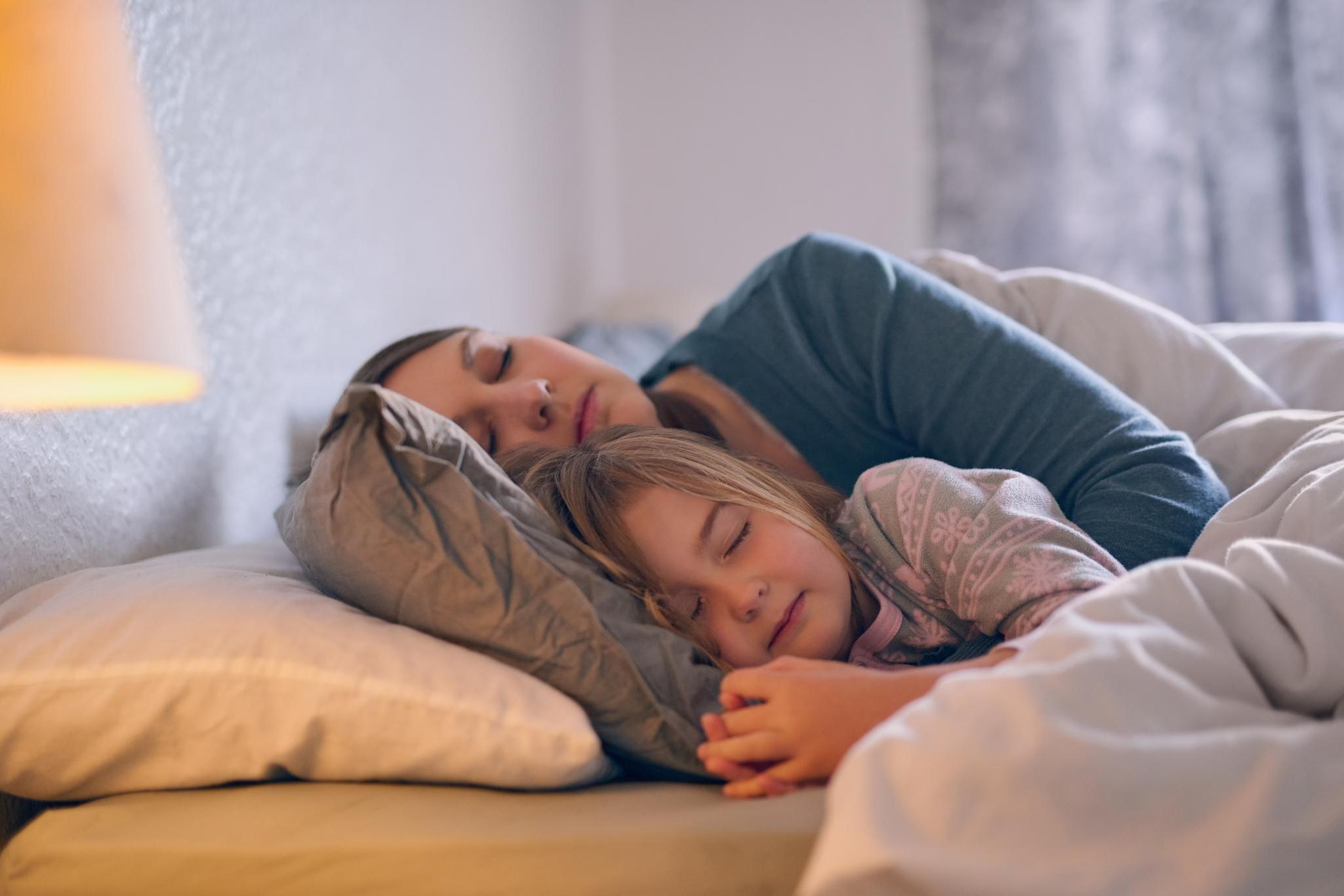Sharing bed with your child 'unlikely’ to have negative psychological impact, claims expert
Do you sleep in the same bed as your child?

Your support helps us to tell the story
From reproductive rights to climate change to Big Tech, The Independent is on the ground when the story is developing. Whether it's investigating the financials of Elon Musk's pro-Trump PAC or producing our latest documentary, 'The A Word', which shines a light on the American women fighting for reproductive rights, we know how important it is to parse out the facts from the messaging.
At such a critical moment in US history, we need reporters on the ground. Your donation allows us to keep sending journalists to speak to both sides of the story.
The Independent is trusted by Americans across the entire political spectrum. And unlike many other quality news outlets, we choose not to lock Americans out of our reporting and analysis with paywalls. We believe quality journalism should be available to everyone, paid for by those who can afford it.
Your support makes all the difference.When it comes to sharing a bed with your child, it can be a controversial topic.
Does it increase the risk of sleep-related infant deaths? Will it stop your child from ever being able to sleep alone? Could it inhibit their psychological development?
These are all common concerns. However, there is fairly little scientific evidence about the psychological benefits or harms of bed-sharing, explains David Messer, Professor of Child Development at the Open University.
“This is because for ethical reasons researchers cannot carry out experiments on this often controversial topic; they cannot ask one group of mothers to co-sleep and another not to do this,” he told The Independent.
Studies that exist around the topic typically have a very small sample size, making it difficult to draw any definitive conclusions from them.
These include one 2016 study published in the Journal of Affective Disorders, which found that co-sleeping could make a child more susceptible to anxiety and depression.
“It’s also is important to understand that babies and children experience many different aspects of care,” Messer added.
“So it is unlikely that something like bed-sharing is going to have a powerful effect on later development.”
Another study published in the journal Archives of Pediatrics and Adolescent Medicine found that it can make breastfeeding easier, while another claimed that newborns who shared a bed with their mothers slept better than those who slept apart from them, reports Fox News.
In a 2012 Q&A response on Parents.com Dr Yoni Schwab suggested there were two principles to consider when deciding whether co-sleeping was appropriate. First, did it sit within a context of broader cultural norms; second was it being done to satisfy the emotional needs of the parent over those of the child?
Where the child’s interests were coming first and in circumstances where co-sleeping was the norm “there are no negative psychological effects”, he concluded, while noting that there remained physical risks including falling out of bed or suffocation.
Join our commenting forum
Join thought-provoking conversations, follow other Independent readers and see their replies
Comments